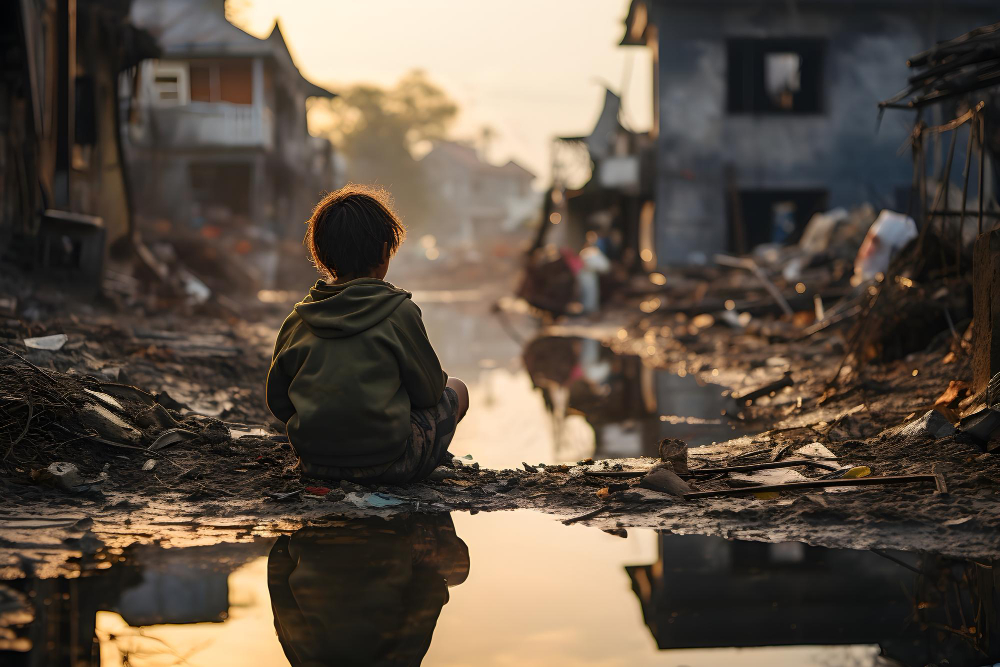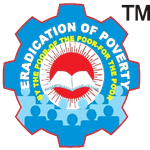
"Understanding Poverty: How We Can Help"
Poverty affects many people around the world. It means not having enough money to meet basic needs like food, shelter, and healthcare. It's a big problem, but there are things we can do to help.
Sometimes, kids don't have access to good schools or enough food to eat. Families struggle to pay for things like medicine and rent. Older people might feel alone because they don't have enough support.
Eradicating poverty is a monumental task that requires collaboration and effort from individuals, communities, governments, and organizations worldwide. Here’s a simplified plan to help eradicate poverty:
1.Education: Education is key to breaking the cycle of poverty. Governments should invest in quality education for all children, regardless of their background. This includes providing access to schools, teachers, and resources. Communities can support education by encouraging children to attend school and providing scholarships or mentorship programs.
2.Economic Opportunities: Creating jobs and ensuring fair wages are essential for lifting people out of poverty. Governments can promote economic growth through policies that support small businesses, entrepreneurship, and job training programs. Companies can play a role by offering fair wages, job security, and opportunities for advancement.
3.Healthcare Access: Access to healthcare is crucial for preventing and treating illnesses that can keep people trapped in poverty. Governments should invest in healthcare infrastructure, including clinics and hospitals, and make healthcare affordable and accessible to all. Communities can support healthcare access by promoting healthy lifestyles and providing support to those in need.
4.Social Safety Nets: Social safety nets, such as food assistance programs and cash transfers, provide a lifeline for those living in poverty. Governments should strengthen and expand these programs to ensure that no one falls through the cracks. Communities can also provide support networks for those in need, such as community kitchens or shelters.
5.Empowerment and Inclusion: Empowering marginalized groups, such as women, minorities, and people with disabilities, is essential for eradicating poverty. Governments should enact policies that promote equality and inclusion, such as gender equality laws and anti-discrimination measures. Communities can support empowerment by promoting diversity and inclusivity and providing support to marginalized groups.
6.Sustainable Development: Sustainable development is essential for ensuring that future generations have the resources they need to thrive. Governments should prioritize sustainable development goals, such as renewable energy, conservation, and environmental protection. Communities can support sustainable development by promoting eco-friendly practices and conservation efforts.
7.Global Cooperation: Poverty is a global issue that requires global solutions. Governments, organizations, and individuals must work together across borders to address poverty on a global scale. This includes sharing resources, expertise, and best practices to tackle poverty effectively.
